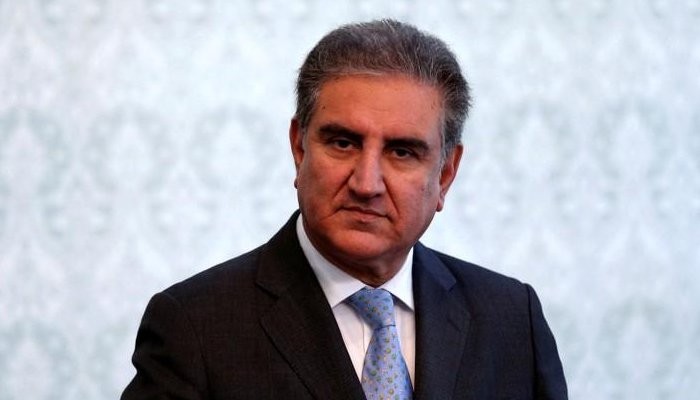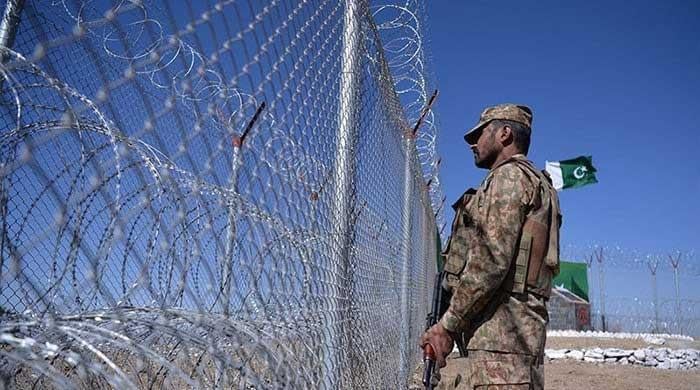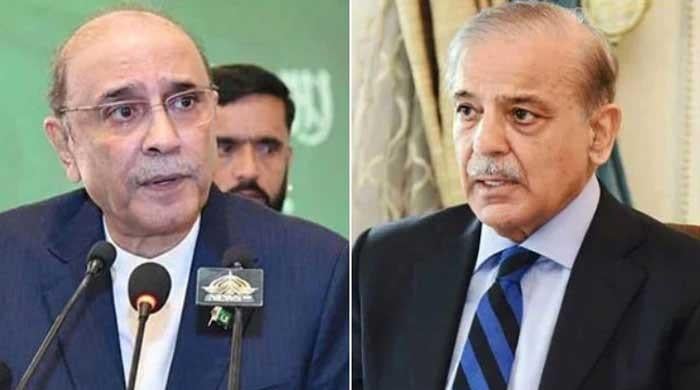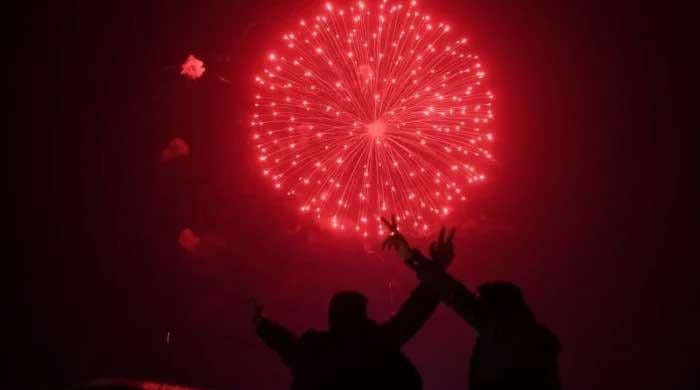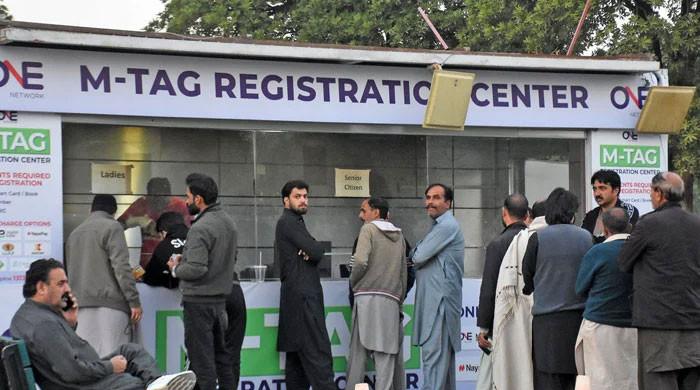History has no example of a blackout like the one in occupied Kashmir: Qureshi
PM's video address to Islamic Society of North America served as a message to the Muslim world to break its silence: FM Qureshi
September 01, 2019
KARACHI: Foreign Minister Shah Mehmood Qureshi said on Sunday that there was no example of a communications blackout in history like the one imposed by Indian officials in occupied Kashmir.
Speaking to reporters in Karachi, Qureshi condemned India’s actions in occupied Kashmir and lamented over the atrocities being perpetrated against innocent residents in the valley, including illegal detentions and torture of young people.
He said Prime Minister Imran Khan's video address to the Islamic Society of North America served as a message to the Muslim world to wake up from its slumber and break silence over the human rights abuses of oppressed Kashmiris.
The prime minister, in his address, presented a comparative overview of Nazism and Hindu fascist ideology of RSS dominating Modi's India, Qureshi recounted, adding that the premier also warned that if this thinking was not stopped, it could lead to destruction of regional peace.
The foreign minister said that India called itself a democracy, yet the media there was facing severe curbs on its freedom.
Responding to a question, Qureshi said the opposition parties in Pakistan supported the government’s efforts to highlight the Kashmir issue to the extent of the National Assembly sessions, but if the opposition had joined in Friday’s Kashmir Hour then it would have sent out a positive message to Kashmiris.
In response to another question, the foreign minister said the government was mulling over closing the airspace to India, but any decision on the matter would be taken after a careful consideration of its pros and cons.
Prime Minister Imran Khan would take a decision on the matter at an appropriate time, he added.
Qureshi informed that the prime minister would put the aspirations of Kashmiri people before the United Nations General Assembly on September 27.
The minister said no sensible person would want a war, but if a war was imposed, then the nation and army were ready to defend.
Responding to another question, Qureshi said over 80 percent of work on the Kartarpur Corridor had been completed, and Pakistan would welcome the Sikh pilgrims.
